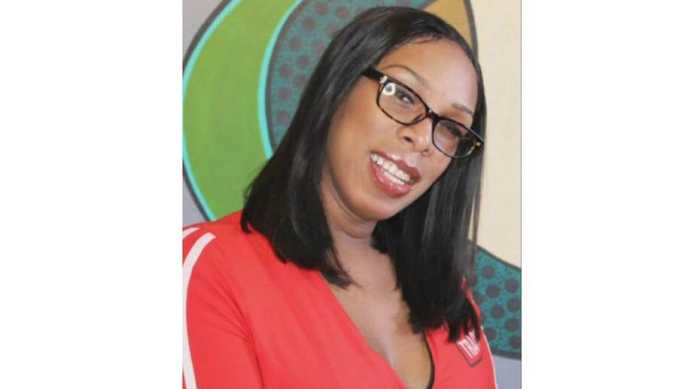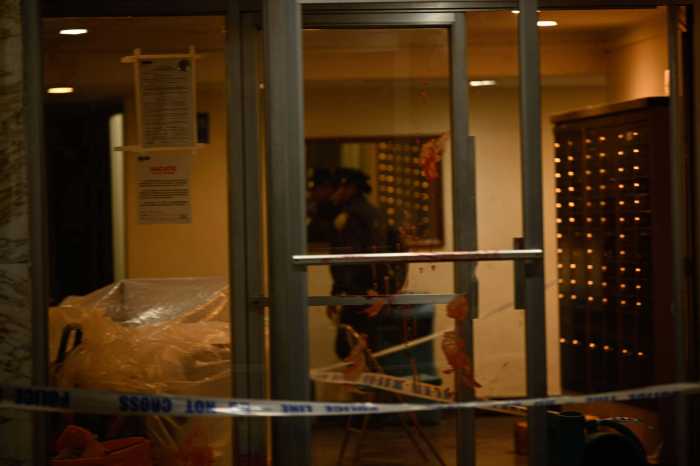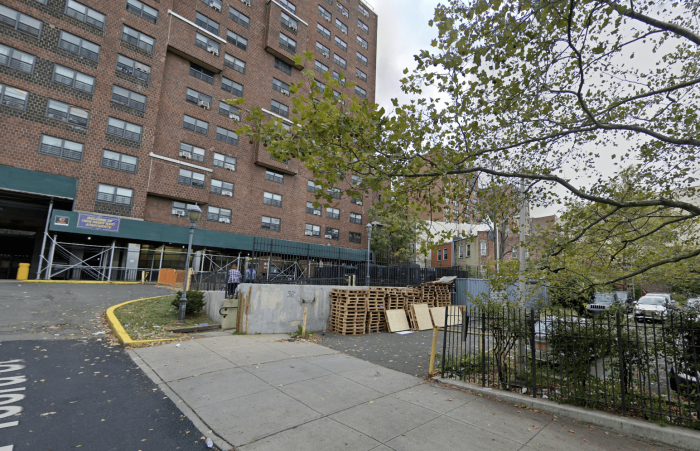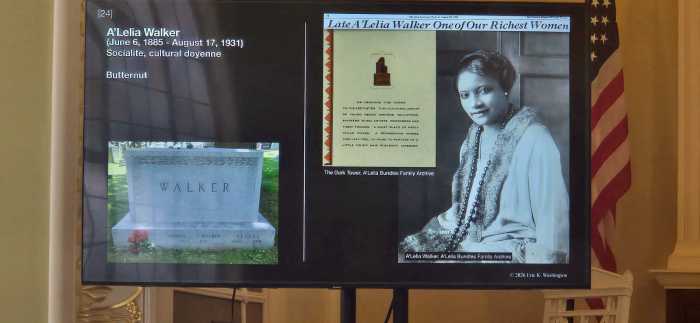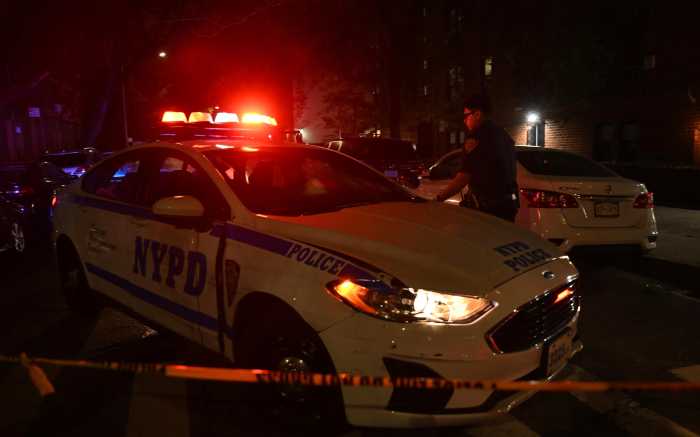The murders of two Black transgender women in the early days of the new year struck an ominous tone in the wake of two of the deadliest years on record for transgender Americans.
Amariey Lej, 20, and Duval Princess, 24, were the first two transgender individuals to suffer violent deaths in 2022 — and both women were shot to death.
Lej was found dead on New Year’s Day at the 1300 block of Wood Street in Wilkinsburg, a borough of Pittsburgh, according to CBS affiliate KDKA. Lej, whose name was also spelled as Amarey in some media reports, also went by Myara, according to a January 2 news release distributed by SisTers PGH, a Black and trans-led non-profit serving queer and trans BIPOC individuals in southwestern Pennsylvania.
Princess was found dead by a security guard in a car at Highland Square shopping center in Jacksonville on January 3. Princess’ family believes she went to the shopping center to meet someone she knew, and WJAX viewed security footage from a nearby business showing Princess meeting someone. Princess and that individual were in the car for 10 minutes before there was a flash, at which point the suspect fled the scene.
Local media coverage deadnamed, misgendered, and used outdated photos of Princess, who was in the early stages of transitioning, according to the Human Rights Campaign (HRC) and the National Black Justice Coalition (NBJC). Local police are investigating her death as a homicide, according to First Coast News, though Jacksonville Police Officer Tami Rush declined to comment on the investigation, citing Marsy’s Law.
“It is heartbreaking that in the first few days of 2022, we lost two trans sisters,” Victoria Kirby York, the deputy executive director of NBJC, said in a written statement.
Lej and Princess were both described as bright people who inspired everyone around them. They were deeply involved in their communities.
“Amariey Lej was a vibrant soul with a presence that filled every space she entered,” her family and friends wrote on a GoFundMe page, which has raised $15,252 thus far to help with funeral expenses.
Lej, whose funeral was on Martin Luther King, Jr. Day, January 17, was a dancer and a member of the Lady Diamonds dance squad. She also worked as a youth artist apprentice at Legacy Arts Project, according to the fundraising campaign.
“We will forever miss you,” the Lady Diamonds posted on Instagram.

Princess’ aunt, Raschel Campbell, told local news station WJAX that her family “just wants answers.”
“This was a senseless act of violence, it was a hate crime,” Campbell said.
The oldest of 10 children, Princess was a hairstylist who specialized in wigs and weaves. Family members described her as “a little firefly” who was very involved in the LGBTQ+ community.
“There’s nobody who did not know Duval Princess,” Campbell said
The murders have prompted advocates to call on the Biden administration and Congress to take action to protect transgender and gender non-conforming Americans.
HRC recorded 51 (2021) and 44 (2020) known murders of trans, non-binary, or gender non-conforming people throughout the US in the last two years — and most of the murders were transgender women of color. The morbid figures make the two years the deadliest on record since the LGBTQ human rights organization started recording transgender murders in the US in 2013.
David Johns, executive director of NBJC, noted in a statement to Gay City News that transgender people, especially Black and Latinx transgender people, have always been targets of violence. Access to media and elevated consciousness has made violence against transgender and gender non-conforming people “more visible,” he stated.
Johns told GCN that the last two years of unprecedented transgender murders provided lessons for advocates — and he placed the blame on the explosion of anti-transgender laws as well as hostile schools and communities.
To solve the epidemic of violence against the transgender community, Johns believes in thinking more intersectional about the problem and providing opportunities to transgender people as well as government agencies.
“While we need to do much more to collect sexual orientation and gender identity (SOGI) data at every level, there are also opportunities to apply an intersectional lens to data collection, reporting, and use, especially around responding to violence committed against members of our community,” Johns stated.
He pointed to the need to fix gaps in recording facts and cited law enforcement agencies that simply refuse to report data about crimes. He also pointed out the lack of follow-through on criminal investigations of transgender murders and inaccurate media coverage.

Johns believes critical shifts in services and criminal justice could better protect transgender and gender non-conforming people from violence, from access to safe affordable housing and employment opportunities to restorative and holistic approaches in the criminal justice system.
Tori Cooper, who is HRC’s director of community engagement for the Transgender Justice Initiative, underscored the need to “demand that the violence end, but not just members of the trans and LGBTQ+ community, but all of us.”
Johns sees Lej and Princess’ murders as opportunities for President Joe Biden’s administration to implement the recommendations from the inter-agency working group’s report, “Memorializing Transgender Day of Remembrance,” which was published last November. Biden called upon Congress to target funding for the Department of Justice to fully train agencies on how to properly identify transgender and gender non-conforming victims and respect gender diversity while investigating crimes committed against community members. Additionally, he called for Congress to charge the DOJ to ensure agencies fully investigate and report the crimes.


